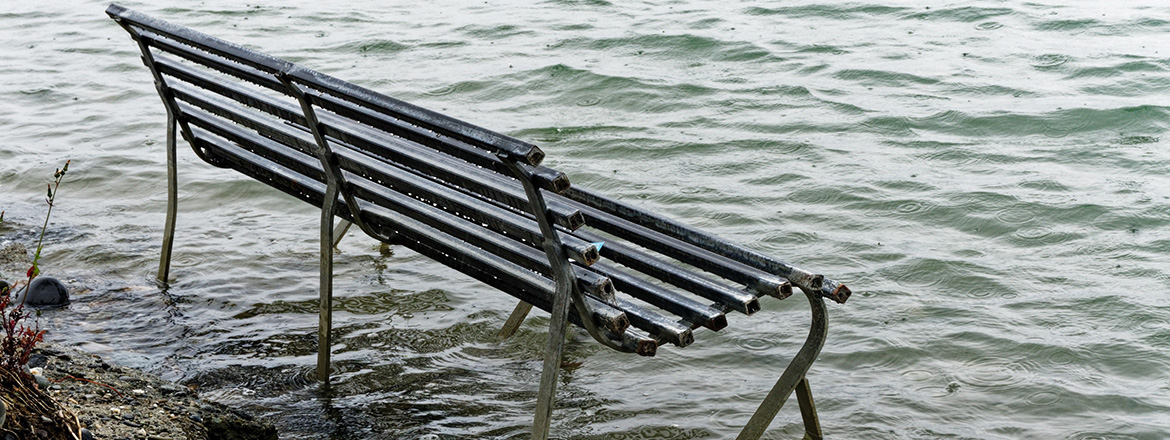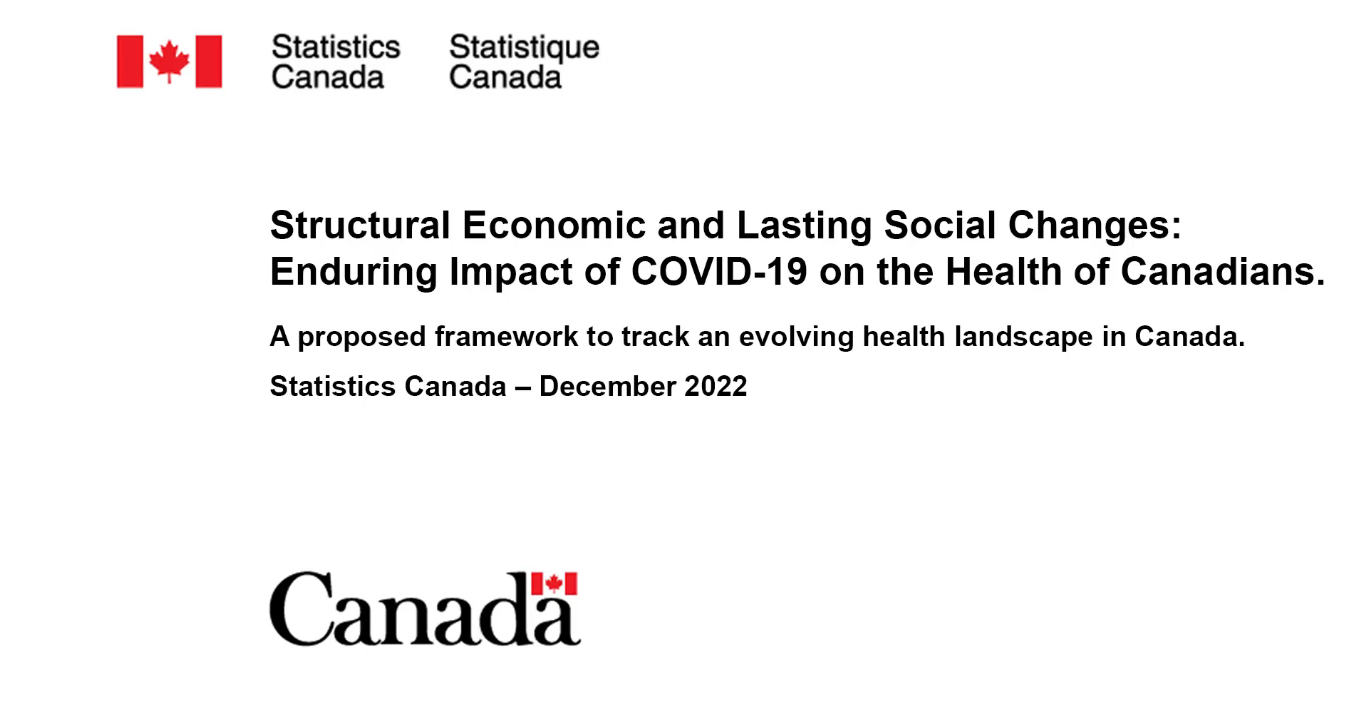When considering the potential impact of rising ocean levels due to climate change, it is important to note that no place in Canada is entirely immune to the effects of flooding. However, some regions may be better positioned to mitigate the risks associated with ocean flooding. In Canada, the following areas are generally considered to have lower vulnerability to coastal flooding:
- Interior Regions: Cities and towns located farther inland, away from the immediate coastlines, tend to be less exposed to the direct threats of rising sea levels. Provinces such as Alberta, Saskatchewan, and Manitoba, which are landlocked and distant from the coasts, may face a reduced risk of ocean flooding.
- Northern Regions: Areas situated in the northern parts of Canada, such as Yukon, Northwest Territories, and Nunavut, are relatively less susceptible to ocean flooding. These regions often have higher elevations, limited coastal infrastructure, and a colder climate, which could result in less immediate risk from rising sea levels.
- Inland Water Bodies: Living near large lakes or inland water bodies can provide a certain degree of protection against ocean flooding. Regions adjacent to the Great Lakes—Ontario, Quebec, and parts of Manitoba—may offer comparatively lower risks since they are inland and at higher elevations.
- Higher Elevations: Areas located at higher elevations, even along the coastlines, might experience a reduced threat from ocean flooding. For example, cities like Vancouver and Victoria in British Columbia have hilly terrain, which can provide a level of natural protection against rising sea levels.
It’s important to note that while these regions may present lower vulnerability to coastal flooding, they can still be impacted by other climate-related hazards such as heavy rainfall, river flooding, or extreme weather events. It is crucial to consider a comprehensive range of factors and consult with local authorities, scientists, and urban planners when making decisions about where to live in light of climate change. Additionally, it is essential to stay informed about ongoing research, technological advancements, and government initiatives aimed at mitigating the impacts of rising sea levels.










